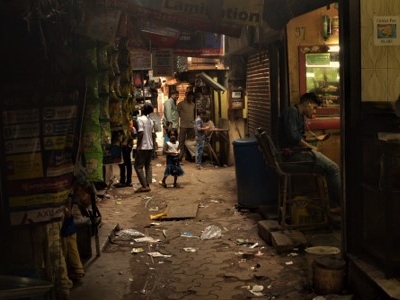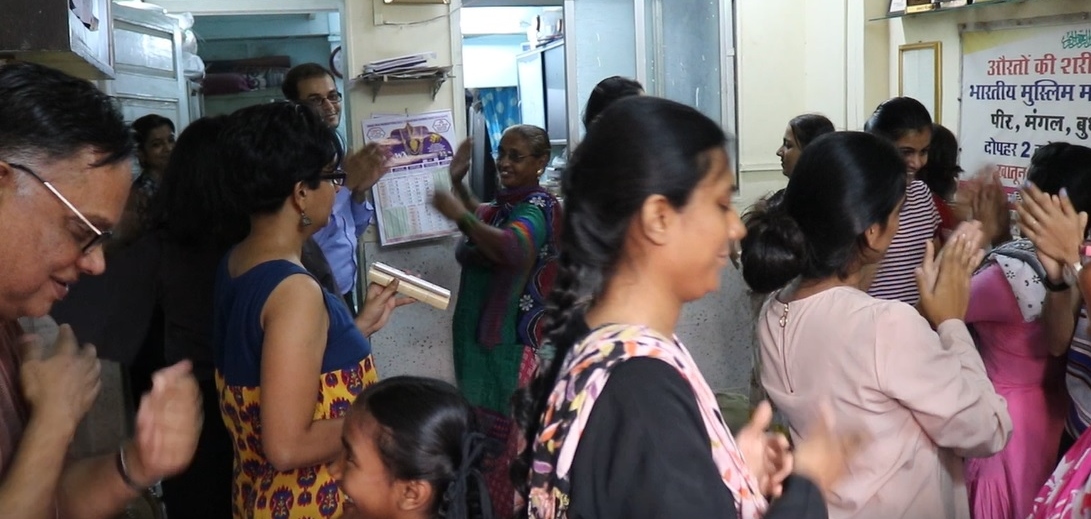I have been volunteering with the Stranded Worker’s Action Network (SWAN) for close to two months now. The network came up in response to the crisis of migrant workers, who were severely affected by the sudden loss of livelihood due to the unilateral and unplanned lockdown imposed by the Indian State in the face of the Covid crisis. As a volunteer, I primarily take distress calls from workers stuck in northern regions of the country and work on aiding them either monetarily, or by connecting them to the administration or NGOs to procure ration. Lately, we have also been aiding them on their journeys back home.
To have found myself amidst this is definitely not accidental but in continuation of what began in my education at St. Xavier´'s College, Mumbai in 2014. As far as the system goes, it is rather constraining and methodically disallows one from exploring, experimenting and learning anything outside the imposed and standardized syllabus. This syllabus is so out of touch with the ground reality of the masses, tainting one’s understanding instead of allowing one to form one’s own understanding as education must ideally do.
One unusual space that has indeed allowed many a student to have the freedom to learn, experiment and grow is the Department of Interreligious Studies (DIRS). Based in the stoic philosophy of compassion and committed to facilitating the learner with the opportunities to be faced with their immediate social, and broader cosmic reality, it has achieved something of a little revolution in the system. It has the agility to respond to the changing reality with fresh mindsets by allowing students to make decisions with guidance, support and encouragement.
DIRS has allowed me to have the opportunity to not just read about the country’s history, economy or politics but to have actually sat down with those at the margins, to have heard their voices, aspirations and dreams. This has definitely broadened my own understanding of society, systems and humans themselves, who are the crux of my study in psychology.
We thoroughly enjoyed Honours courses like Cosmic Hug that gave us an experience of the interconnectedness and interdependence of all creation; exposure visits to Behrampada, the Muslim ghetto formed due to the Godhra riots. Such educational encounters led to a deep transformation that classroom academics cannot capture. Mere exposure to communities at the margins like the Adivasis, slum dwellers, urban poor by itself doesn’t do much beyond affecting one emotionally for a brief time, but the context that DIRS provided has what made these communities central to my own worldview and subsequently key to many of my decisions and actions.
One essential tool that Fr. Prashant Olalekar, as the creative director of DIRS, introduced in learning was play. The larger academic world lays stress on articulation and head level analysis at the expense of emotions and the body. To allow things to be processed not just mentally, but also emotionally and physically is when one actually learns as learning is defined, a process by which a permanent change takes place within oneself.
While the context-based approach that DIRS offered definitely makes visible a lot more pain and deep rooted, systemic injustices, at the same time, play has allowed me to see more of joyous solidarity with humanity and the universe, from which arises restorative justice and hope.


